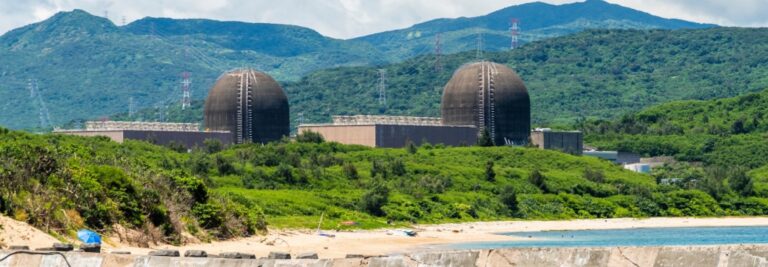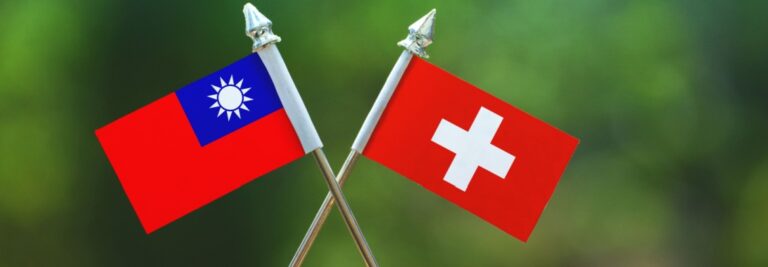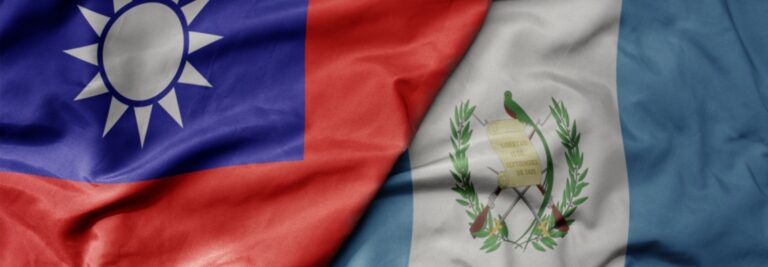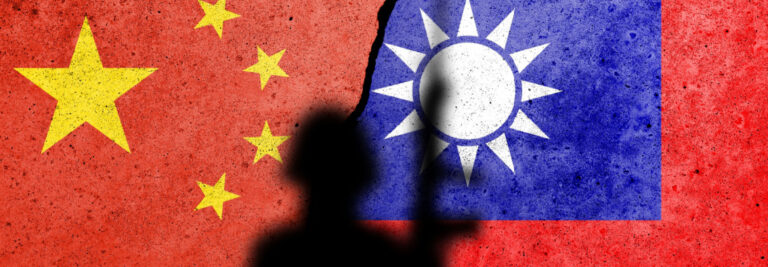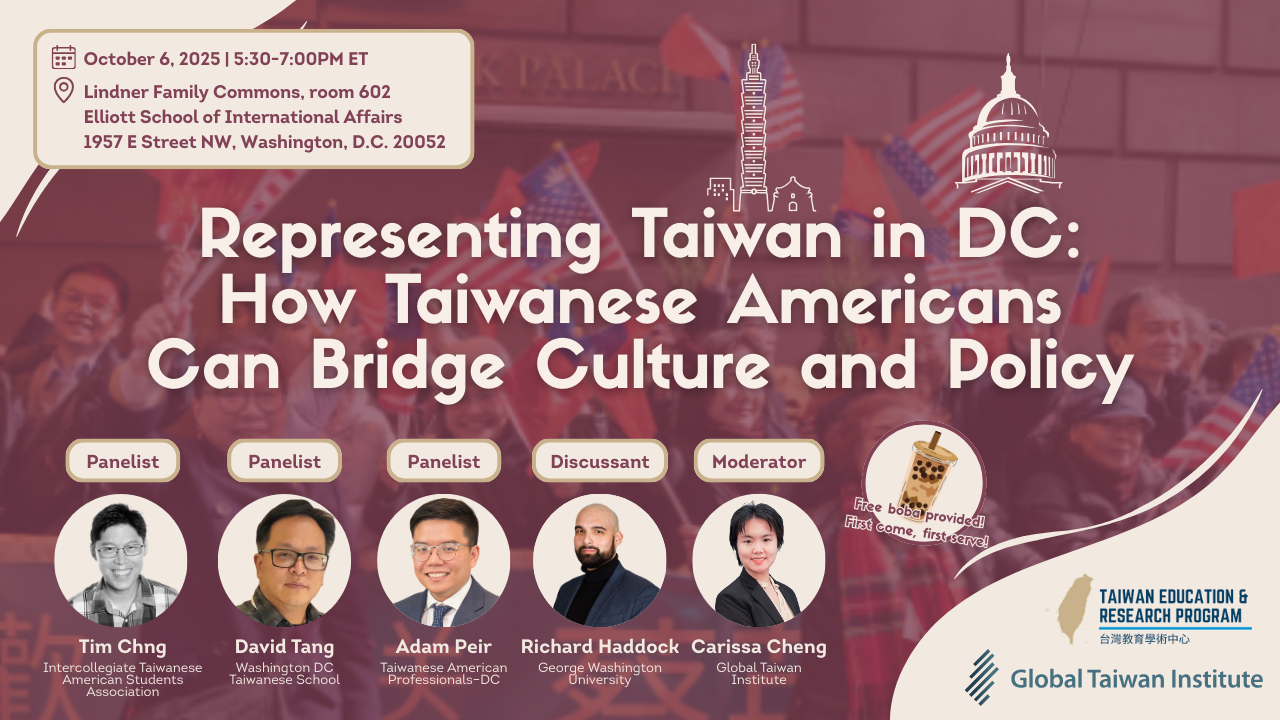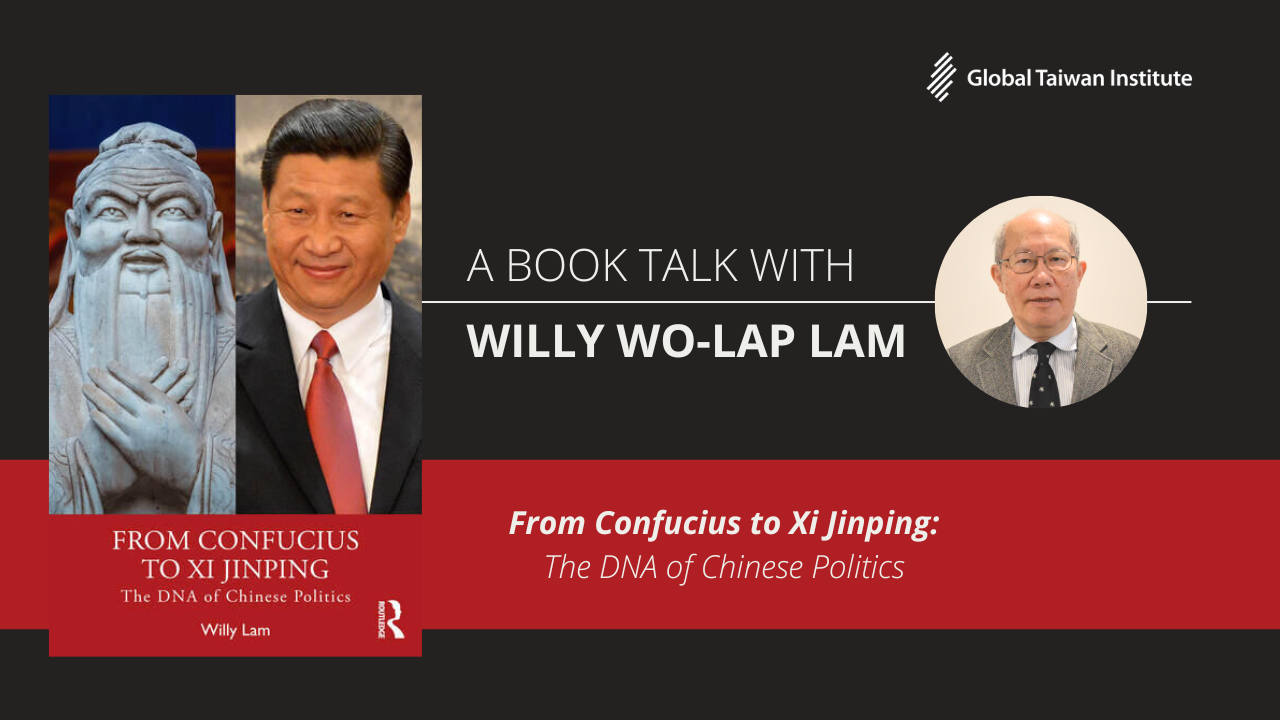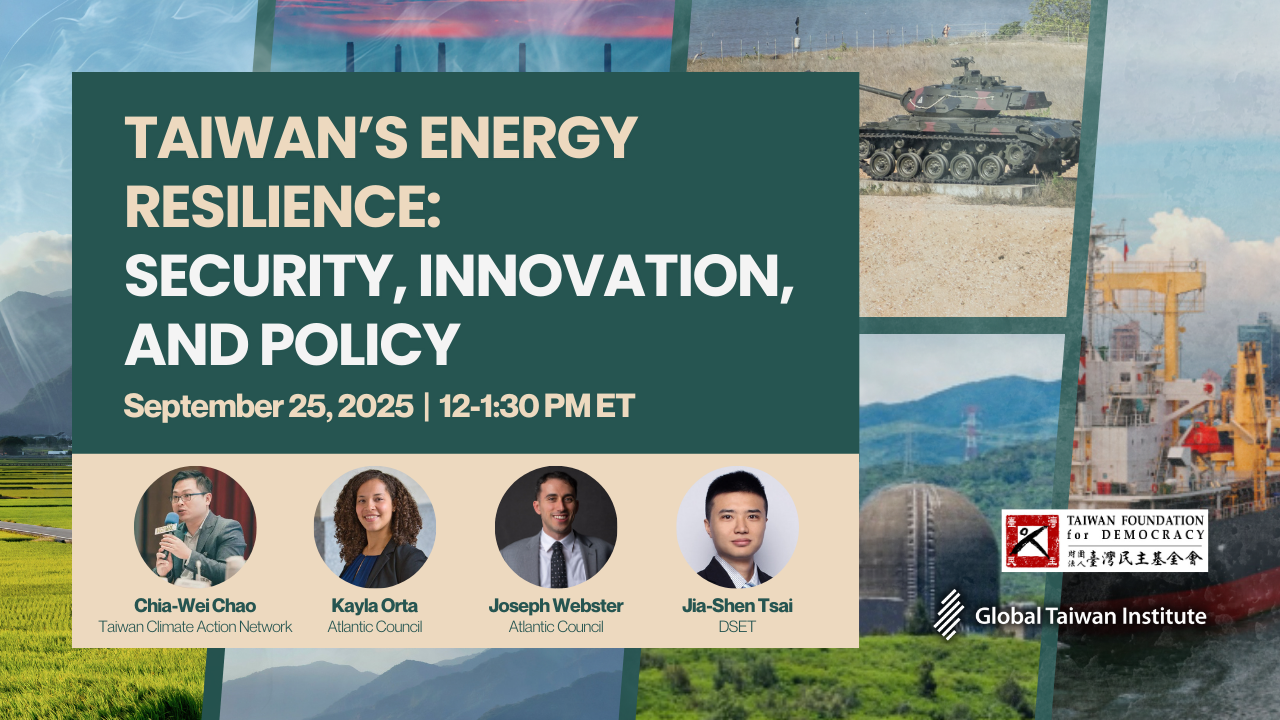By:
Jackson Lopez
Last month, Taiwan’s referendum to restart the Maanshan Nuclear Power Plant (馬鞍山核能發電廠), the last nuclear plant in Taiwan, failed. Though almost 75 percent of voters supported the restart, the referendum fell more than half a million votes short of the required threshold of 25 percent of the entire electorate. The ruling Democratic Progressive Party (DPP, 民主進步黨) had backed a shutdown of the plant, in order to fulfill its longstanding pledge for a “nuclear-free homeland.” Yet, after the vote, Taiwan’s DPP President Lai Ching-te (賴清德) made a statement acknowledging “society’s expectations for diverse energy options,” and conceded that his party wouldn’t rule out nuclear energy in the future.
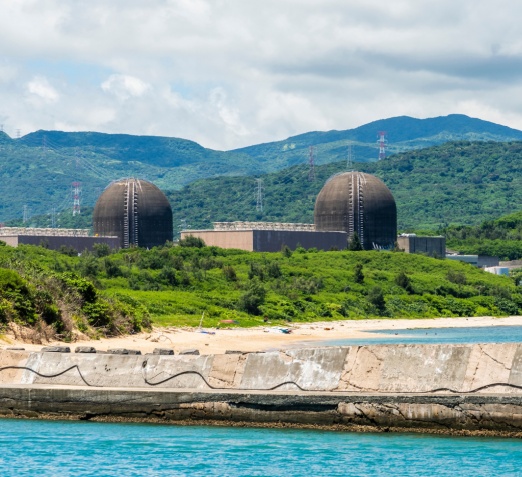
By:
Francis Annagu
Frequent flyers through Europe are used to the occasional flight delay. Overloaded airports and carefully calibrated low-cost models mean that even slight disruptions can wreak havoc across the continent—with IT faults, power failures, and even extreme weather all causing mass delays and cancellations in recent years. Yet, in September this year, travelers in Copenhagen and Oslo experienced a novel form of disruption: large drones detected nearby the airports caused closures and flights to be grounded. Suspicion soon turned to Russia, and in particular, toward several nearby shadow-fleet linked vessels that could have served as launchpads.

By:
Davide Campagnola
In February 2022, Switzerland took a decision that grabbed global attention. A few days after Russia’s full-scale invasion of Ukraine, the Federal Council—Switzerland’s executive body—announced that it would adhere to the European Union’s sanctions regime on Russia. While some observers have described the move as an historical departure from Switzerland’s traditional foreign policy, it was in fact the latest example of how Bern has adapted its neutrality since the end of the Cold War. Switzerland has, for example, joined previous sanctions regimes and participated in NATO’s Partnership for Peace. Furthermore, Switzerland joined the United Nations in 2002, which further signaled a willingness to combine the concept of neutrality with more active engagement in the international system.
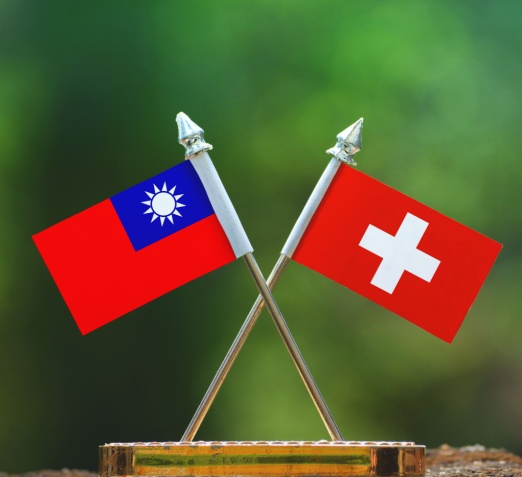
LATEST RESEARCH AND ANALYSIS
Public Seminars
Events focused on topics relating to Taiwan, Taiwan-US relations, cross-Strait relations, and Taiwan’s global policy. Seminars are free and open to the public.
View All Articles
PODCASTS
Our podcast consists of brief, timely interviews with a wide range of policy experts, including academics, government officials, and journalists
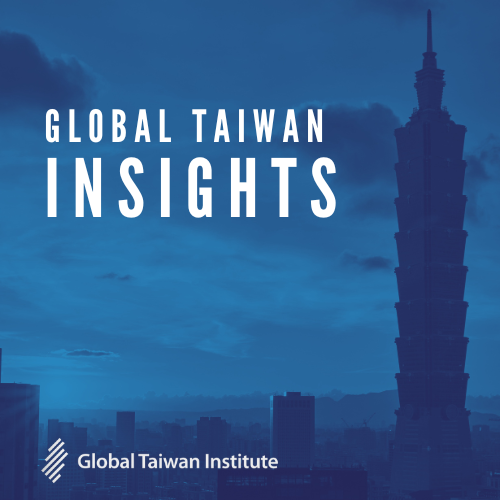
Global Taiwan Insights
Global Taiwan Insights (formerly GTI Insights) consists of brief, timely interviews with a wide range of policy experts, including academics, government officials, and journalists.

TAIWAN SALON
Taiwan Salon examines Taiwan’s cultural policy and approach to soft power from perspectives both inside and outside the government.
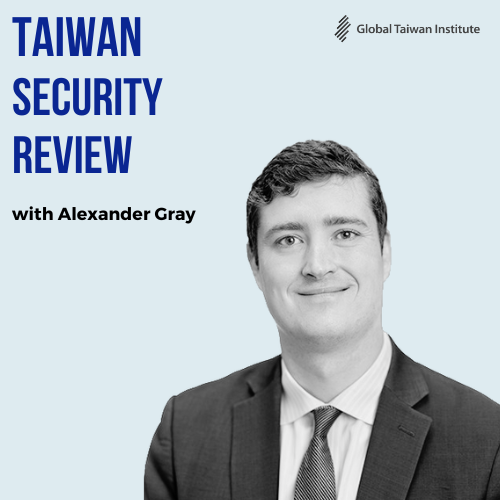
TAIWAN SECURITY REVIEW
Taiwan Security Review is a policy podcast produced by the staff of GTI. Hosted by GTI Senior Non-Resident Fellow Alex Gray

